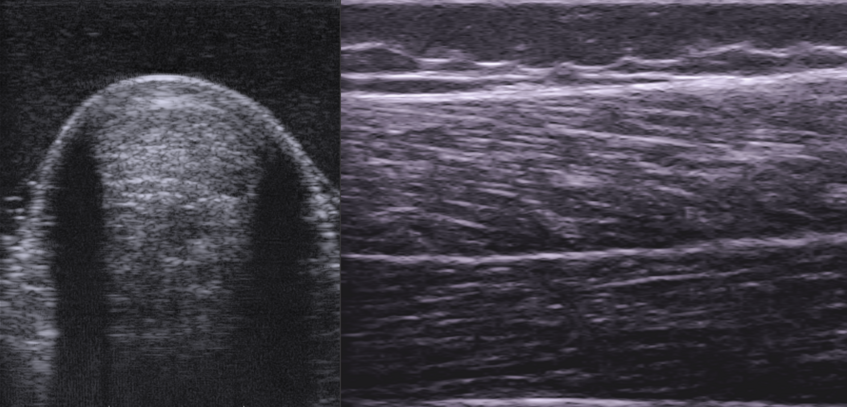Influence of Specific Collagen Peptides on Recovery
A high-quality supply of proteins is of great importance for the synthesis of the body's own connective tissue-like structures such as muscles, tendons, ligaments and bones. Many metabolic and hormonal processes are controlled or influenced by proteins. It is undisputed that measurable improvements are only possible through a combination of training and protein intake. No structural or metabolic adaptation can be expected by increasing protein intake alone without training activity.
The data on the effects of acute as well as long-term protein supplementation in addition to physical activity on exercise tolerance and recovery can so far be described as sparse. Some reviews have shown a small but significant positive effect after protein supplementation, while other authors have not been able to show such results. Some studies have only analysed the acute effect of short-term protein administration before an exhausting training session.
Although various research groups now consistently report an increase in muscle mass and muscle strength, the data on recovery through specific collagen peptides has hardly been investigated so far. The aim of the dissertational project is therefore to investigate the potential influence of specific collagen peptides on systemic recovery after exercise-induced muscle damage. The following questions are of importance in this regard:
- What influence do specific collagen peptides exert on biomechanical parameters and morphological properties of muscle and tendon structures after intensive muscle loading?
- What influence do specific collagen peptides have on recovery after intense muscle loading, expressed by inflammatory, biochemical and immunological markers?
Collagen peptides are similar to more common proteins such as whey, casein or soy protein. However, they differ in the composition of their amino acids and therefore have slightly disparate effects. The investigation of the effect of collagen peptides in connection with physical activity holds great potential, especially for rehabilitative as well as preventive and performance sports-oriented purposes. According to current literature, collagen peptides have already been shown to reduce joint pain, the number of ankle injuries and bone substance loss. Protective effects on connective tissue structures such as joint cartilage have also been observed. The present research project is intended to make a further contribution to the potential of specific collagen peptides in the field of muscular and connective tissue-specific recovery. The reduction or optimisation of rehabilitation and regeneration times of different target groups underlines the significance and relevance.

Ultraschallbild einer Achillessehe (links) und des Vastus Lateralis (rechts)
